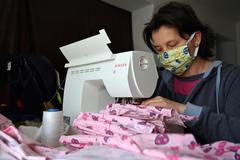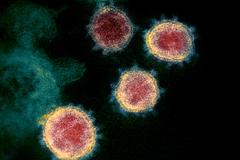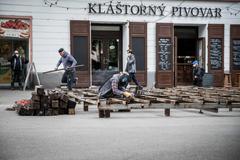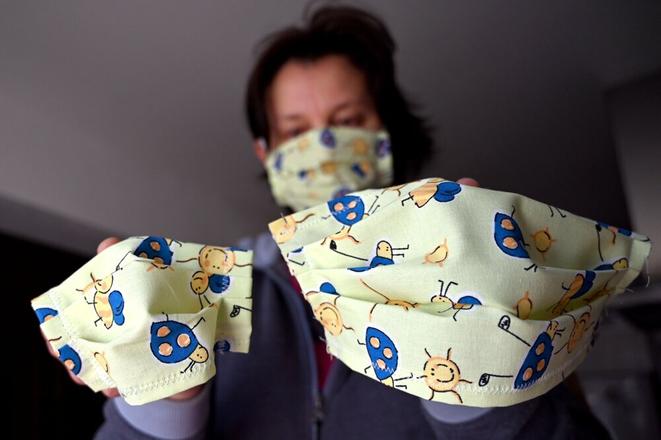Our paywall policy:
The Slovak Spectator has decided to make all the articles on the special measures, statistics and basic information about the coronavirus available to everyone. If you appreciate our work and would like to support good journalism, please buy our subscription. We believe this is an issue where accurate and fact-based information is important for people to cope.
After Slovakia entered a state of emergency due to the coronavirus pandemic, almost half of its inhabitants participated in volunteering activities.
These are the results of the poll conducted by the Institute of Ethnology and Social Anthropology of Slovak Academy of Sciences between March 18 and 26, on a sample of 2,357 respondents who filled out the online questionnaire.
Sewing of masks prevailed
The poll showed that one-third of the respondents (33 percent) did not participate in any activity. They argued that it was due to a lack of time and capacity, as they had more work at their job or household, the SITA newswire reported.

One in two respondents participated in a volunteer activity; many made and distributed masks (43 percent). Besides sewing, volunteering activities included the distribution of masks and providing fabrics and elastics.
People in Slovakia were quick to react to the fast-implemented obligation to wear masks and their subsequent general shortage.
The second most widespread form of help was the contribution to a fundraiser (23 percent), helping homeless people, distributing health aids, and supporting doctors, artists or the self-employed.
Spreading information
Another form of participation was spreading information (15 percent), the distribution of leaflets from one's place of residence, publishing interesting sources on social networks, or pointing out hoaxes and fake news.

Many people did shopping for threatened or at-risk groups of citizens (11 percent), for older people, single mothers, or people who lost their jobs.
People left a note offering to do shopping in their neighbourhoods, go to a pharmacy or walk dogs.
Many felt burdened, stressed and fearful. That is why many volunteer activities concentrated on providing support and easing the situation (11 percent). This was mainly done by spreading positive and humourous news, organising online meetings and chat groups, regularly making phone-calls and creating online programmes (live concerts, training, online reading).
“Compressed” work
Despite the very uncertain situation, a quarter of respondents believed that the coronavirus epidemic did not impact their lives in any way (26 percent).
One-tenth of the respondents had a similar opinion. They noted that the pandemic will not hit them financially, not even at work (11 percent). These were mainly people over 60 years in age, as well as parents on parental leave.

About 15 percent of respondents could not evaluate the impact of the pandemic. To compare, about 24 percent of respondents presumed that they would have to tighten their belts, and they expected financial problems. These were mainly respondents between the ages of 30-39 years.
Many people noted in their answers that “compressed” work probably awaits them. Others suppose that they will have a hard time starting their job again and will have fewer work opportunities. Fear was especially felt in the 50 to 59 age group.



 (source: TASR)
(source: TASR)